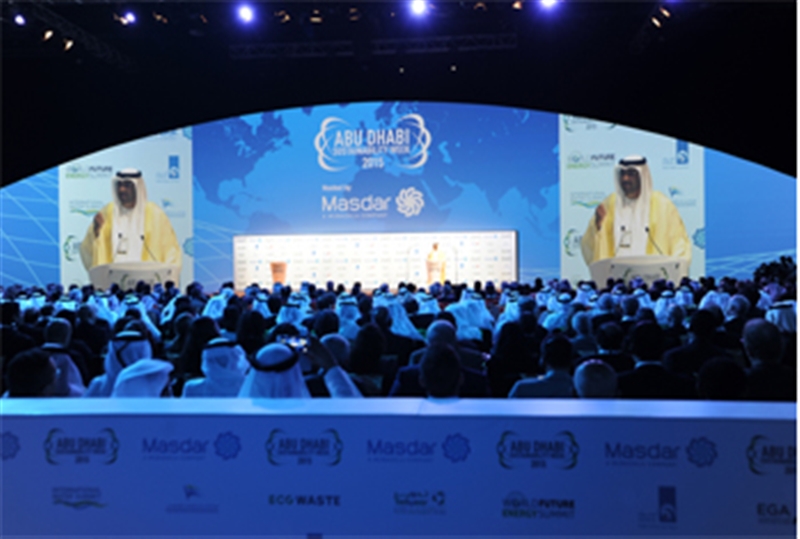Tuesday, 03/03/2026 | 14:53 GMT+7
With oil prices trading at all time lows on the global market top oil exporting countries are investing more resources into alternative energy. Solar and wind power are growing at above average rates in many Middle Eastern countries.
At the fourth Abu Dahabi Sustainability Week 2016 where representatives from 170 countries met to put the Paris Climate talks into action, world leaders discussed implementing alternative energy practices. Many oil producing countries are seeking to cut back their domestic dependence on fossil fuels and support investments in solar and wind power.

Leaders in countries such as Saudi Arabia, Kuwait and the UAE are reducing domestic consumption by cutting back government subsidies and are enforcing energy conservation. Oil producing countries such as Saudi Arabia are now consuming more fossil fuel and growing their domestic electric use at a rate of 5% per year. The UAE is for the first time charging their residents for electricity and water.
Iran’s leaders were optimistic with recent lifting of sanctions that they could sell more oil to foreign nations and utilize alternative energy to provide for their domestic energy needs. The Iranian Parliament is currently setting new policies for conserving fossil fuels while increasing use of solar and wind technology.
Mexican President Enrique Peña Nieto stated that “We first require goodwill and political leadership such as what we witnessed during the recent COP21. Secondly, we require innovation and development of new technologies to make sure that all nations — particularly developing ones — have access to these solutions,”.
The Green Optimistics







